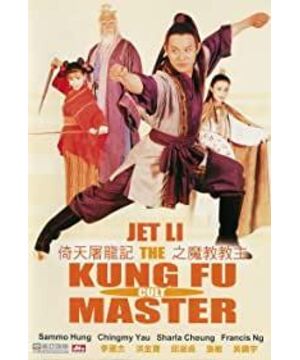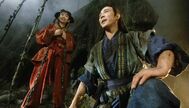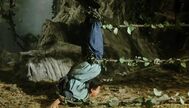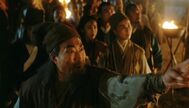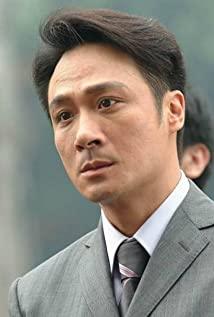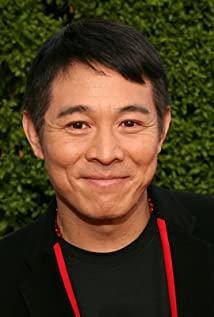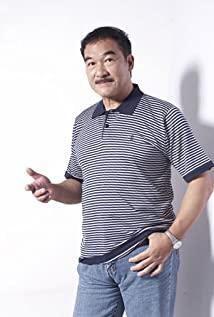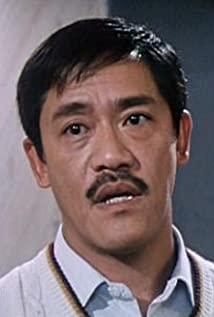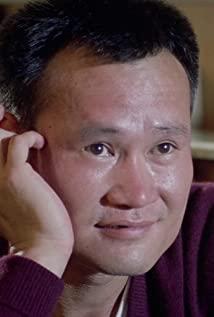Adapted and directed by Wang Jing, the 1993 version of "The Demon Sect Leader of Heaven and Dragon Slayer" is very popular, with a current rating of 7.8, and is listed as "the highest rated costume film", ranking 20th. This version of Etienne has a luxurious cast, which is just in time - Jet Li's Zhang Wuji, Zhang Min's Zhao Min, Qiu Shuzhen's Xiao Zhao, Gigi Lai's Zhou Zhiruo, several actors are at their peak, all of which are classic appearances. However, some commented that "Wang Jing understood Jin Yong". So the question is, did Wang Jing read Jin Yong? Let's break it down.
First, in the characterization of the protagonist. In Jin Yong's original novel, Zhang Wuji has several characteristics. First, he is chivalrous, generous, less heroic, indecisive in character, easily influenced by the environment, and even cried several times in adulthood. The second is that love is sloppy, wandering between the four women, unable to be firm to the end. The third is the most important point. He does not have the ambition and ability to be a leader, and he cannot restrain himself, and he has no cruelty to deal with the enemy. He is very clear about this. However, in the adaptation of the film, what has become of the protagonist? After falling into the cliff with Xiaozhao, Zhang Wuji tricked the fire foreman Tuo to teach his Jiuyang magic, showing a cunning character. In Guangmingding, facing the six major factions who had killed his parents, Zhang Wuji resisted the idea of revenge in order to become the supreme martial artist. The first thing Zhang Wuji did after ascending to the position of the leader of the Ming sect was to go back to Yangdingtian's tomb and destroy the Persian stone tablet engraved with the mind of the Great Movement of Heaven and Earth. In the Ming Sect, only Zhu Yuanzhang could see Zhang Wuji's heart. When Zhu Yuanzhang pointed out that Zhang Wuji was the intended leader, he was reprimanded by him. To sum up, it shows that Wang Jing's version of Zhang Wuji is actually a scheming, shrewd careerist.
In addition, in Jin Yong's martial arts novels, the word "Xia" runs through all the time, especially in "Eternal Sword and Dragon Saber". How to understand "chivalry spirit"? Mr. Jin Yong once said: "'A valiant' is not to pursue his own interests (including his own country, his own group, his own relatives and friends) to do what he should do righteously. Everything (disregarding one's own life, interests, reputation), and pursuing justice without accepting any price." In the original novel, Zhang Wuji was willing to accept the three palms of Shi Tai, and he struggled to block the six major sects in Guangming Ding is the best proof. In the film, Zhang Wuji's actions seem to be similar to those in the novel, but there are deep-seated purposes and motives in them.
It cannot be denied that "Eternal Dragon Slayer: The Demon Sect Leader" was very lively and good-looking, but the criterion for the success of commercial films is not whether they understand Jin Yong, but the box office. It is unknown whether Wang Jing himself has read Jin Yong or not, but judging from the adaptation of the original work in this film, it is indeed distorted or forcibly changed the original intention of Mr. Jin Yong. Some people say that Wang Jing's magic reform is wrong because he is too spoofed on the classics. But these are not the crux of the matter. The key is that the film only subtly captures the wonderful and twisted story setting of the novel, and abandons what the novel really wants to express - the chivalrous spirit promoted in traditional Chinese concepts.
View more about Kung Fu Cult Master reviews


